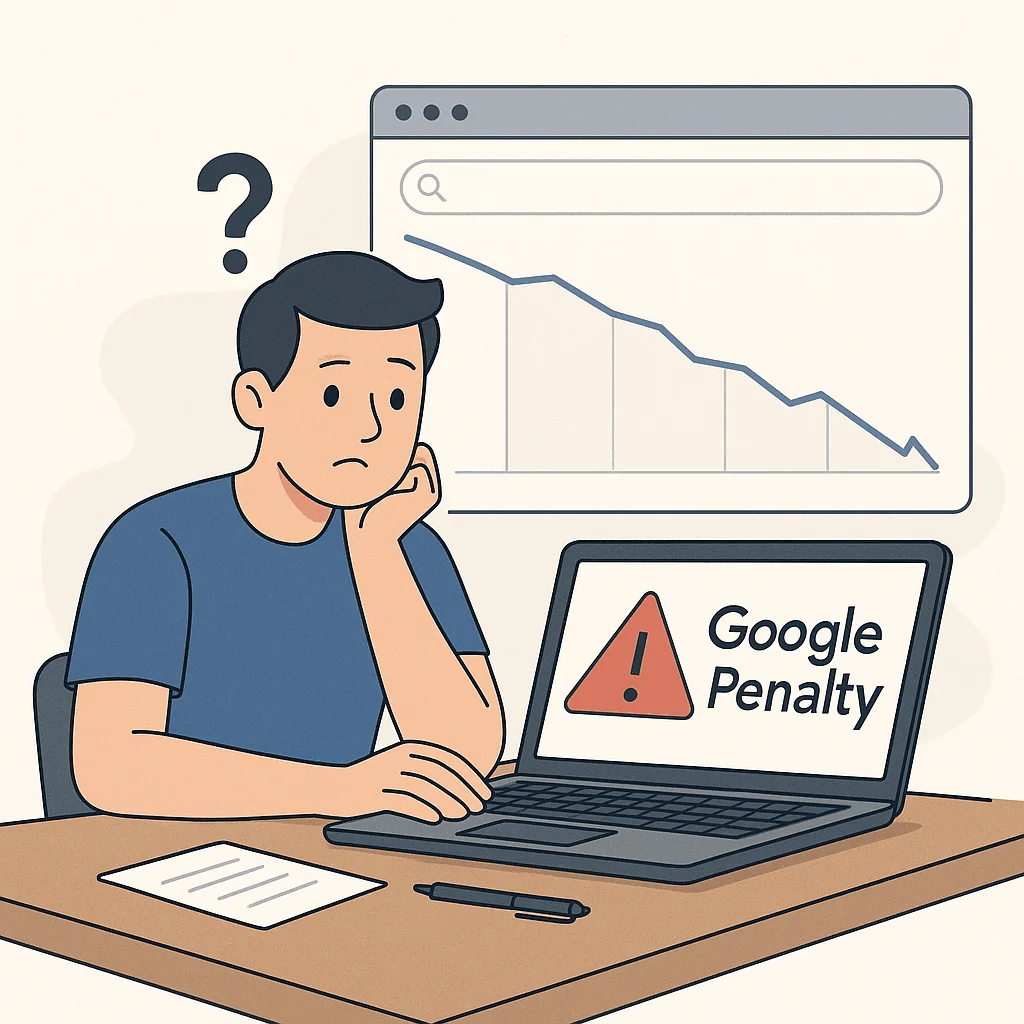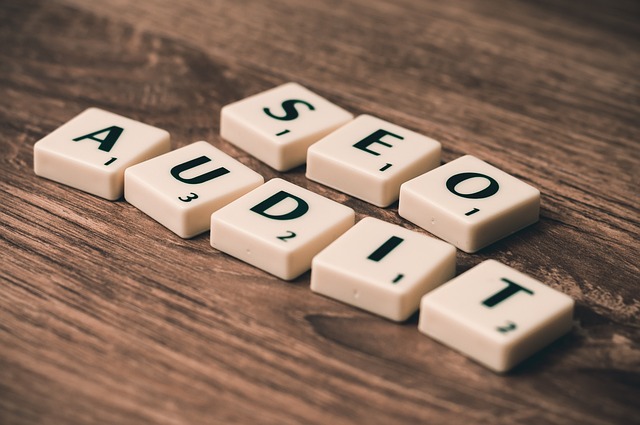The Reality of Google Penalties in 2025 (And How to Avoid Them)
Has your organic traffic taken a nosedive? Are your rankings in a downward spiral? You eagerly inspect Google Search Console in search of answers and are greeted with the dreaded phrase...

“Manual action issued.”
Or, even more disheartening, there’s no warning — simply a quiet decline as your once-prominent pages slip into obscurity.
Welcome to the landscape of Google penalties in 2025, where algorithmic signals, AI-generated spam, and quality thresholds can heavily impact your site with no formal notification. But before you panic (or criticise your most recent blog post), let’s dissect the situation — and learn how to sidestep these penalties before they strike.
The Two Types of Google Penalties (They’re Not the Same) Firstly, let's clarify. Not all penalties are identical.
1. Manual Penalties These are the traditional “you’ve violated the rules” repercussions. A Google employee examines your site, identifies a breach, and issues a manual action (typically visible in Search Console). Common triggers include:
- Buying or selling links
- Cloaking or hidden redirects
- Thin, duplicate, or autogenerated content
- Manipulating structured data
- Spammy behaviour or deceitful UX
You’ll receive a warning. You'll know what requires adjustment. But they’re serious — and recovery can span weeks.
2. Algorithmic Devaluations These technically aren't “penalties” — but they’re equally damaging. Your rankings plummet, your traffic declines, and Google remains silent. This often happens because:
- Your content no longer satisfies search intent
- Your pages are too shallow or outdated
- Your site quality has degraded (ads, speed, UX, etc.)
- E-E-A-T signals are weak (Experience, Expertise, Authority, Trust)
There’s no manual action. No notification. Just silence — and reduced visibility.
Why Penalties Are Harder to Discern in 2025 Google’s AI-first algorithm is perpetually evolving. In 2025, it's more adept than ever at:
- Detecting spammy trends
- Differentiating between natural and manipulative link-building
- Assessing true content value (not merely keyword stuffing)
- Comparing your site to superior competitors
- Translation? You might be adhering to guidelines “technically” — and still lose rankings.
That’s why SEO now necessitates proactive audits as opposed to reactive clean-ups.
How to Avoid Google Penalties Before They Occur Dodging penalties in 2025 isn’t about being cautious — it’s about being strategic.
Here’s how:
1. Regularly Audit Your Backlink Profile Utilise tools to monitor:
- Toxic or spammy backlinks
- Irrelevant or low-quality referring domains
- Link velocity surges that appear unnatural
Disavow untrustworthy links — and prioritise earning, not purchasing, links.
2. Execute AI-Powered Content Audits Modern tools can detect:
- Duplicate or nearly identical content
- Keyword stuffing or awkward phrasing
- Pages with no engagement
- Blog posts misaligned with current search intent
The remedy? Refresh, consolidate, or remove. Don’t let deadweight linger.
3. Emphasise E-E-A-T Ensure your site articulates:
- Who authored your content
- Their credibility
- The sources of information
- How users can trust your site (testimonials, policies, reviews)
This applies beyond YMYL (Your Money Your Life) sectors now — it’s significant for all.
4. Rectify Technical Issues Crawl errors, broken links, slow loading, and index clutter can all indicate poor site health — increasing your risk.
Optimise for:
- Speed (especially mobile)
- Crawl depth (keep pages within three clicks of the homepage)
- A clean sitemap and robots.txt
- Accurate structured data
Recovery: Steps to Take If You’ve Already Been Affected If you suspect a manual penalty:
- Check Search Console for Manual Actions
- Identify the breach
- Rectify it fully
- Submit a reconsideration request with thorough documentation
- If it’s algorithmic:
- Match ranking declines to Google update timelines
- Conduct a full content and technical audit
- Address content quality issues
- Enhance UX signals (dwell time, internal linking, navigation)
- Recovery is viable — but requires strategy, not guesswork.
Final Thought: Penalties Are a Signal — Not a Verdict Google isn’t trying to punish you. It’s striving to protect the search experience. If you’re being penalised, it’s because your site is conveying incorrect signals.
However, with the appropriate tools and a proactive approach, you can avert penalties — and maintain your position on page one.
Seek a safety net? We offer AI-powered SEO audits that identify risks, uncover red flags, and guide you in circumventing issues before they impact your rankings.
[Schedule your audit today — and keep Google on your side.]





.svg)


.svg)